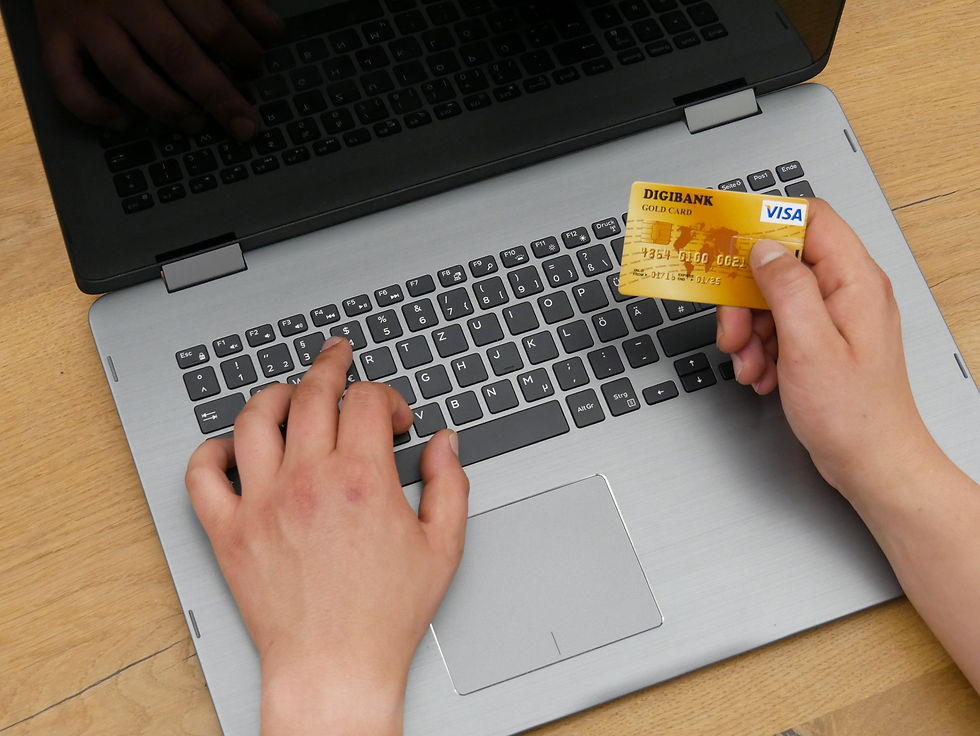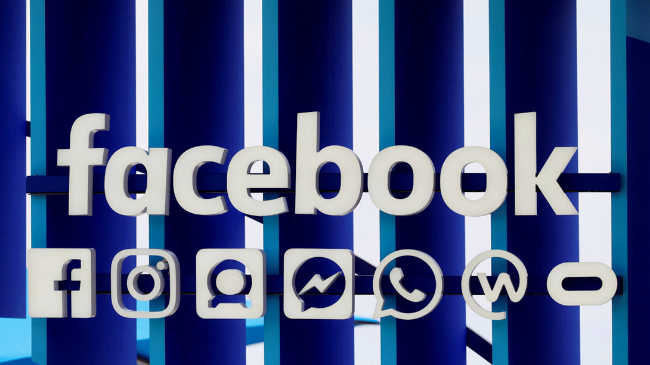How consumers use technology and its impact on our lives
- loredanapufu
- May 19, 2020
- 3 min read
Updated: Jan 14, 2021
It is human nature to desire the knowledge and eventually to use this gift for the invention of useful devices that makes our life easier.

With over 4.4 billion active internet users, equivalent to 57% of the global population, they regularly use the web to find products, entertainment and soulmate. Over the years, the consumers behaviour and the way companies market to both consumers and businesses has changed dramatically.
Smartphones have pulled away from laptops to become the most important device used to access the internet for close to half of those accessing the internet in the United Kingdom (UK) in 2019. In the same year, significantly more people identified smartphones as their most important device for accessing the internet, compared with those that nominated each of the large display formats combined.
The e-Commerce industry is growing at a phenomenal rate (24% year-on-year), making the online shopping a very competitive field for sellers. Clothing and footwear are amongst the most popular product categories ordered online. However, the furniture shopping is increasing incredibly in UK (number 5 globally for online furniture purchasing).

It can be hard to believe that a generation ago, most people bought almost everything from a local retailer. However, the internet and ecommerce have drastically changed the way people around the world research and shop for the things they need. These are main reasons consumers give for online shopping.

The internet is constantly changing, which means that the type of content we create, our marketing strategies and even the way people interact with their mobile devices, how consumers make online purchases, and the ways in which people search for information, are also in a constant state of change. In 2020, Northern Europe was ranked first with an online penetration of 95% followed by Western Europe

Over the past years, the consumers behaviour in technology use has changed. Technology and smart devices make our life easier from different perspectives:

Technology’s advancements have provided quicker ways to communicate through instant messaging apps and social media platforms.

Before mobile technology, we had to search through a dictionary to understand the meaning of a word. Now we can look words up in a dictionary app or quickly search the Internet.

The advancement of technology has made communication unbelievably fast and convenient. Communication tools offer one of the most significant examples of how quickly technology has evolved. Video conferences with the ability of sharing screens it is a bless for businesses and students.

Paying bills has become simplified thanks to technology. Now with the banking apps, we can schedule automatically payments, manage the bills and set up direct debits. It`s even simple to pay in stores with out smartphones using Apple Pay and Google Wallet, therefore we don’t need to carry cash when we go shopping.

Technology has changed how we watch television and thanks to smart TVs with Wi-Fi capability, we can now watch or stream the Tv shows you like, when you like. Streaming services like Netflix, Amazon Prime Video, Apple Tv and Disney+ all offer access to TV shows and original content for a low monthly price.
Over time, the evolution of technology had a huge impact in consumers behaviour. With high speed internet, smartphones and smart devices, we have the benefit of better global communications and social networking access to information and knowledge sharing, digital maps, video sharing, blogging, online banking, and many more, but what this technology has mainly taken to the next level is the e-commerce industry.
Technology keeps on evolving and has changed our lives all the time and will continue to do so. We are yet to see lots of things in technological field, and there is no limit to human imagination and innovation. So lets hope for better technologies in future, which also ensure better quality of human lives.







Comments